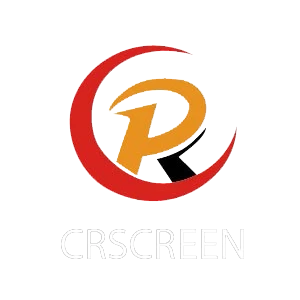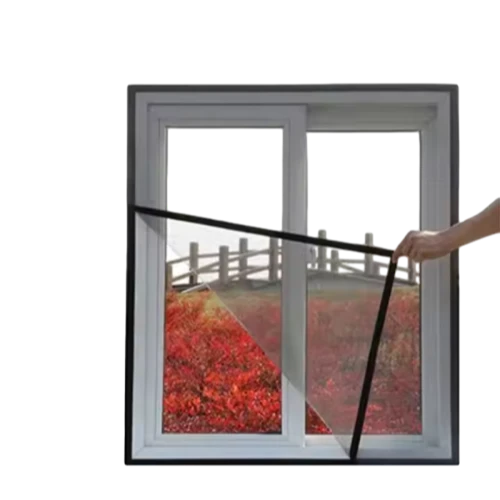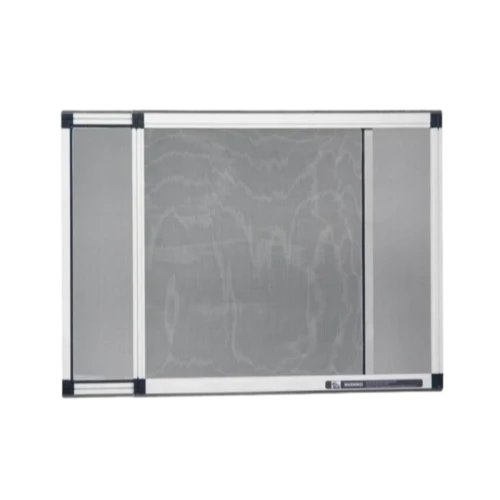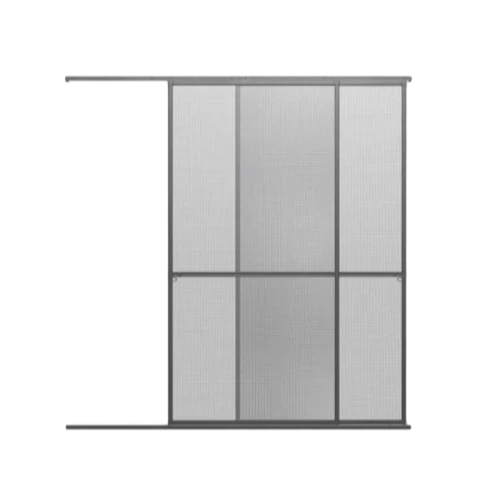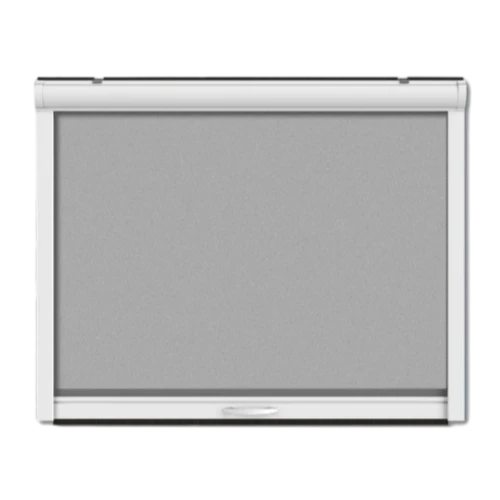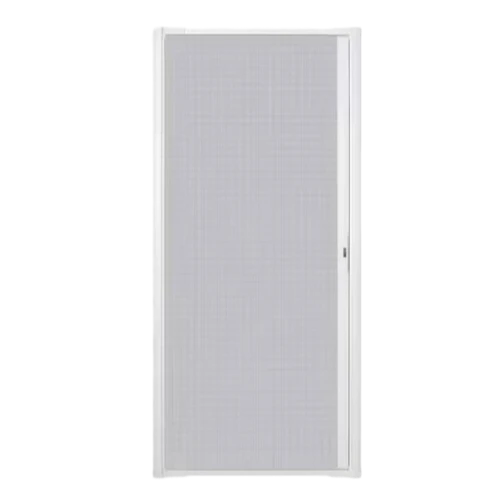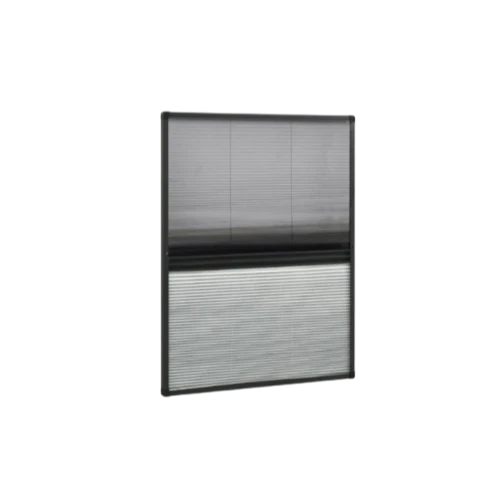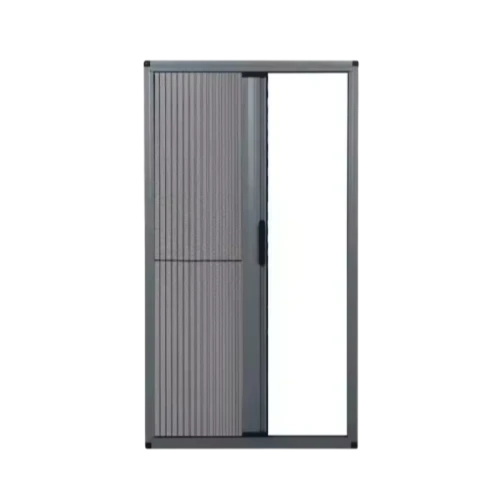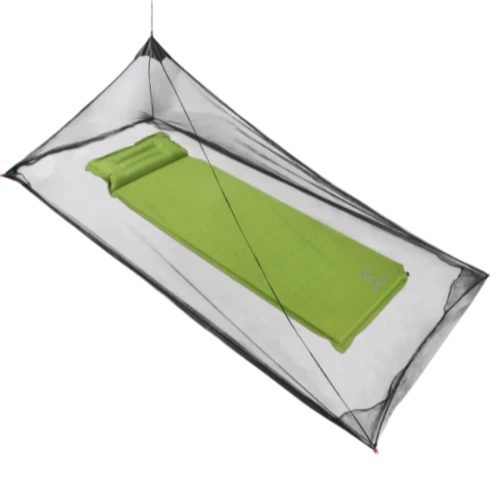8 月 . 09, 2025 05:20 Back to list
Premium Fixed Screen Door for Ultimate Fly & Mosquito Protection
In an era where home comfort, energy efficiency, and pest control are paramount, the humble door has evolved significantly. Among its most crucial iterations is the fixed screen door. More than just a barrier, it's a critical component in modern architecture, offering unparalleled ventilation, natural light, and protection against insects and debris, all while enhancing the aesthetic appeal and value of a property. This comprehensive guide delves into the world of fixed screen door solutions, exploring their technological advancements, diverse applications, and the rigorous standards that govern their production, ensuring you make an informed decision for your residential, commercial, or industrial needs.
Industry Trends: The Evolving Landscape of Fixed Screen Doors
The global market for screen doors, including fixed screen door systems, is experiencing robust growth, driven by increasing consumer awareness regarding health, energy conservation, and comfort. According to recent market analysis reports (e.g., Grand View Research, 2023 estimates), the global door and window market, which includes screen solutions, is projected to exceed USD 300 billion by 2030, with a compound annual growth rate (CAGR) of over 5%. This growth is significantly influenced by trends such as:
- Sustainability and Energy Efficiency: Homeowners and businesses are increasingly seeking solutions that reduce their carbon footprint. Fixed screen doors promote natural ventilation, reducing reliance on air conditioning and thus lowering energy consumption. Innovations in mesh materials, like advanced fiberglass and stainless steel, offer improved airflow while maintaining structural integrity and UV resistance.
- Smart Home Integration: While less common for purely fixed models, the broader screen door market sees a trend towards smart features, such as integrated security sensors and remote-controlled operation. For fixed screen door applications, this translates to robust, low-maintenance designs that can integrate seamlessly into smart security systems.
- Enhanced Durability and Security: Demand for products that withstand harsh weather conditions and offer enhanced security against intrusions is rising. Heavy-duty aluminum frames, reinforced mesh, and multi-point locking mechanisms (for hinged versions) are becoming standard. This focus on durability also extends to related products like fixed door fly screens and specialized mosquito door frame solutions.
- Aesthetic Versatility: Modern design trends call for products that are both functional and visually appealing. Manufacturers are responding with a wider range of frame colors, finishes (e.g., powder coating, anodization), and customizable designs that complement diverse architectural styles.
- Health and Wellness Focus: The COVID-19 pandemic highlighted the importance of clean indoor air and minimizing pest entry. Fixed screen doors are frontline defenses against disease-carrying insects, contributing to healthier living environments.
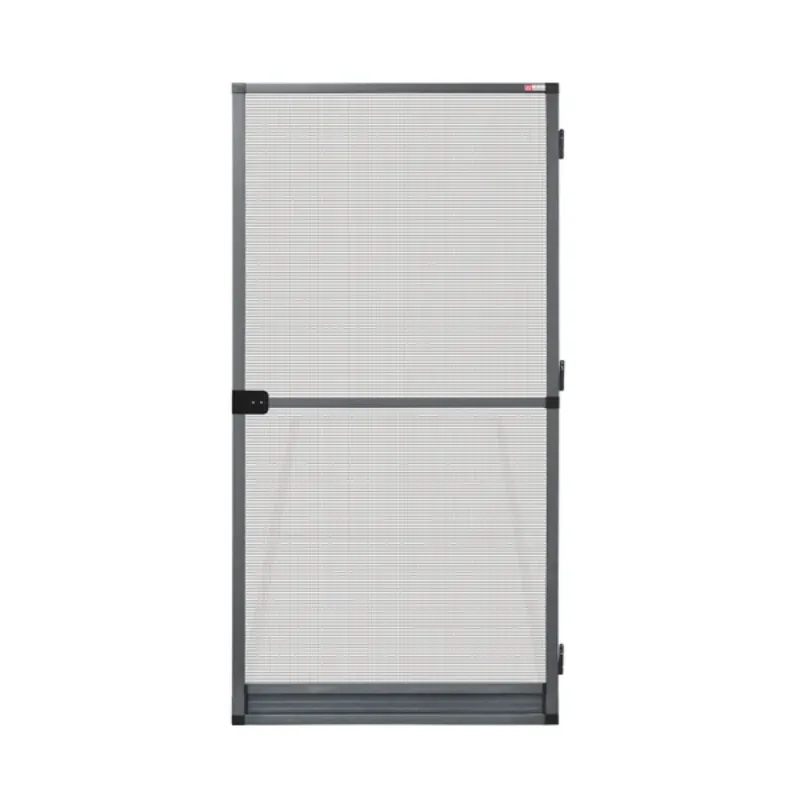
These trends underscore the critical role of fixed screen door technology in meeting contemporary demands for comfort, safety, and sustainability. Manufacturers are continually investing in R&D to push the boundaries of material science and design, ensuring these essential barriers remain at the forefront of building innovation.
Understanding the Fixed Screen Door: Technical Parameters and Benefits
A fixed screen door is essentially a stationary barrier designed to allow air circulation while preventing the entry of insects, leaves, and other debris. Unlike hinged or sliding screen doors, fixed variants are typically installed in openings where permanent ventilation and pest protection are desired, often complementing a primary solid door or functioning as a standalone barrier in specific architectural contexts. Their simplicity is their strength, offering robust performance with minimal moving parts.
Key Technical Parameters:
Understanding the specifications is crucial for selecting the right fixed screen door for your application. Below is a table summarizing common parameters you might encounter:
| Parameter | Description | Typical Range/Value | Benefit |
|---|---|---|---|
| Frame Material | Primary material for the door frame. | Extruded Aluminum (6063-T5/T6), Vinyl (PVC), UPVC, Galvanized Steel | Durability, corrosion resistance, lightweight, low maintenance. Aluminum is highly preferred for its strength-to-weight ratio and resistance to rust. |
| Mesh Material | Material of the screening fabric. | Fiberglass (PVC coated), Aluminum, Stainless Steel (304, 316 grade), Bronze, Polyester (Pet-Resistant) | Pest control, airflow, UV resistance, visibility, durability against tears. Stainless steel offers superior strength and corrosion resistance. |
| Mesh Count | Number of strands per linear inch (e.g., 18x16). | 18x16 (standard), 20x20 (no-see-um), 14x14 (heavy-duty) | Determines insect exclusion capability and airflow. Higher counts offer better insect protection; lower counts offer more airflow. |
| Wire Diameter (Mesh) | Thickness of individual mesh strands. | 0.009" to 0.011" (fiberglass), 0.008" to 0.013" (metal) | Impacts visibility, strength, and airflow. Thicker wire for enhanced durability. |
| Frame Thickness | Gauge or depth of the frame profile. | 1 inch to 2 inches (25mm to 50mm) | Structural rigidity, resistance to warping, aesthetic profile. Thicker frames provide greater stability. |
| Finish Options | Surface treatment for the frame. | Powder Coating, Anodized, Mill Finish, Vinyl Wrap | Corrosion resistance, aesthetic appeal, UV protection. Powder coating offers a durable, customizable finish. |
| Installation Type | Method of attachment. | Surface mount, Recessed mount, Flange mount | Adaptability to different door frames and wall structures. |
| Thermal Performance (U-Value) | Measure of heat transfer (lower is better). | Typically not a primary factor for screen doors, but mesh can offer marginal thermal benefits by reducing direct solar gain. | Minor energy saving potential by reducing solar heat gain in summer. |
| Wind Load Resistance | Ability to withstand wind pressure. | Varies by design; often rated for specific wind zones. | Ensures structural integrity in high-wind areas. |
Key Benefits of Fixed Screen Doors:
Choosing a fixed screen door offers a multitude of advantages that enhance the functionality and comfort of any space:
- Superior Pest Control: The primary function. A well-constructed fixed screen door effectively keeps out mosquitoes, flies, and other undesirable insects, crucial for health and comfort, especially in areas prone to vector-borne diseases.
- Unrestricted Airflow: Allows natural ventilation, which is vital for maintaining good indoor air quality. This reduces humidity, circulates fresh air, and helps dissipate cooking odors or indoor pollutants, contributing to better respiratory health.
- Energy Efficiency: By facilitating cross-ventilation, fixed screen doors significantly reduce the need for air conditioning, leading to substantial savings on energy bills. In cooler climates, they can help circulate cool air during summer evenings.
- Enhanced Natural Light: Screen doors allow sunlight to penetrate without obstruction, brightening interior spaces and reducing reliance on artificial lighting during the day.
- Durability and Low Maintenance: With no moving parts like hinges or rollers, fixed screen door units are inherently more durable and require less maintenance compared to their hinged or sliding counterparts. They are less prone to wear and tear.
- Security (Secondary): While not a primary security barrier, a robustly framed fixed screen door can deter opportunists and offers an additional layer of protection when a main door is open. Some models incorporate stronger mesh materials for added resistance.
- Aesthetic Integration: Modern designs offer sleek profiles and various finishes that seamlessly blend with existing architectural styles, enhancing curb appeal without compromising functionality.
- Pet and Child Safety: Certain mesh types (e.g., pet-resistant polyester) can withstand scratches and impacts from pets, while the barrier itself helps contain pets or small children safely within an enclosure.
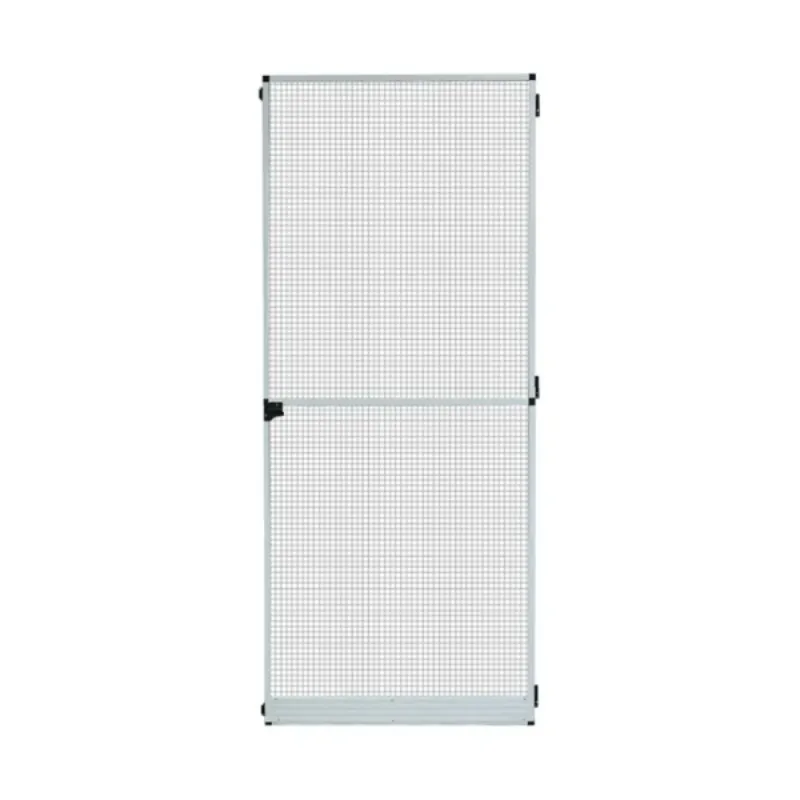
These benefits collectively underscore why the fixed screen door remains a fundamental element in sustainable and comfortable building design.
The Art and Science of Manufacturing: Fixed Screen Door Production Process
The creation of a high-quality fixed screen door involves a precise sequence of manufacturing steps, blending advanced machinery with skilled craftsmanship. This meticulous process ensures durability, perfect fit, and aesthetic appeal. Understanding the manufacturing journey, from raw material to finished product, highlights the commitment to quality and engineering excellence.
Materials Selection: The Foundation of Quality
The choice of materials is paramount. For the frame, high-grade extruded aluminum alloy (e.g., 6063-T5 or 6063-T6) is preferred due to its excellent strength-to-weight ratio, corrosion resistance, and formability. Other options include durable UPVC for cost-effectiveness and good insulation properties. For the mesh, common choices include:
- Fiberglass Mesh: PVC-coated, flexible, fire-retardant, and resistant to creasing. It's the most common and cost-effective.
- Aluminum Mesh: Stronger, resistant to corrosion, and offers good visibility. Available in various finishes.
- Stainless Steel Mesh (304/316 Grade): The strongest and most durable option, highly resistant to corrosion, rust, and impacts. Ideal for high-security or harsh environments (e.g., coastal areas).
- Pet Screen (Polyester): Much thicker and stronger than standard fiberglass, designed to withstand pet claws and impacts.
Each material undergoes stringent quality checks upon arrival, ensuring compliance with industry standards like ASTM (American Society for Testing and Materials) for material composition and mechanical properties.
Manufacturing Process Steps:
The typical manufacturing process for a fixed screen door includes the following key stages:
Step 1: Frame Extrusion & Cutting (Precision Engineering)
- Process: High-quality aluminum billets are heated and forced through a die to create precise frame profiles. This extrusion process ensures consistent dimensions and structural integrity.
(Illustrated as: Aluminum Billet -> Heating -> Extrusion Die -> Shaped Profile) - Technology: Advanced extrusion presses.
- Key Control: Profile uniformity, dimensional accuracy (tolerances often within ±0.1mm), and surface finish.
- Description: Once extruded, these long profiles are then cut to the exact lengths required for the door's perimeter (top, bottom, and side rails) using high-precision CNC (Computer Numerical Control) saws. CNC machining ensures absolute accuracy, critical for a tight, square frame.
Step 2: Frame Fabrication & Assembly (Structural Integrity)
- Process: The cut frame pieces are then assembled. This typically involves using corner keys or concealed fasteners to create a rigid, square frame. For aluminum, specialized crimping or welding techniques might be employed for maximum strength.
(Illustrated as: Cut Profiles -> Corner Brackets/Fasteners -> Frame Assembly) - Technology: Precision jigs and fixtures, specialized corner crimping machines, welding equipment.
- Key Control: Frame squareness (critical for proper mesh tension), joint strength, and overall dimensional accuracy.
- Description: Each frame is carefully inspected for squareness and rigidity. Any deviation can lead to issues with mesh tension or overall fit.
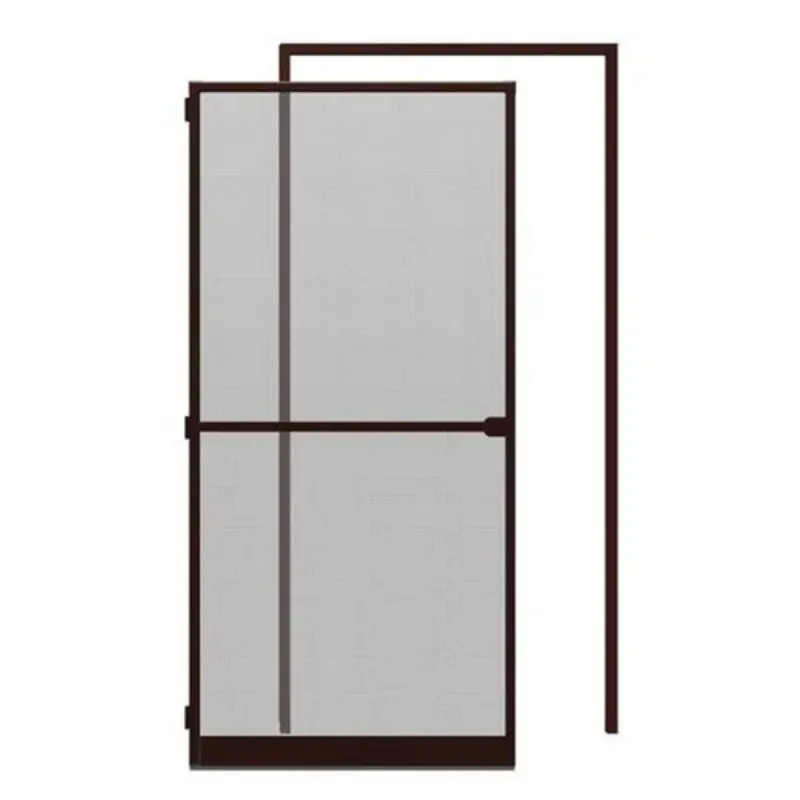
Step 3: Surface Treatment (Durability & Aesthetics)
- Process: After assembly, the frames undergo surface treatment for enhanced durability and aesthetic appeal. Common treatments include powder coating or anodization.
(Illustrated as: Assembled Frame -> Cleaning/Pre-treatment -> Powder Application/Anodizing Bath -> Curing/Sealing) - Technology: Electrostatic powder coating lines, anodizing tanks, curing ovens.
- Key Control: Coating thickness, adhesion, color consistency, and corrosion resistance (e.g., salt spray test compliance per ASTM B117).
- Description: Powder coating involves applying a dry powder electrostatically, then curing it under heat to create a durable finish. Anodization forms a protective oxide layer, enhancing corrosion and scratch resistance. These processes are critical for the door's longevity and appearance, especially in outdoor environments or industries like petrochemicals where corrosion is a concern.
Step 4: Mesh Cutting & Installation (Pest Barrier Creation)
- Process: The selected mesh material is precisely cut to size, slightly larger than the frame opening. It is then stretched tautly over the frame and secured into a spline groove using a rubber or vinyl spline pushed in with a spline roller tool. This process ensures a tight, wrinkle-free screen.
(Illustrated as: Mesh Roll -> Precision Cutting -> Frame Placement -> Spline Installation -> Excess Mesh Trimming) - Technology: Automated mesh cutting machines, spline rolling tools, tensioning jigs.
- Key Control: Mesh tension, absence of wrinkles or sagging, proper spline insertion, accurate mesh dimensions.
- Description: Correct mesh tension is vital. Too loose, and it sags; too tight, and it can distort the frame. This step requires skill and precision to ensure the screen functions as an effective barrier.
Step 5: Hardware Integration (If Applicable) & Final Assembly
- Process: Any mounting hardware, such as clips, anchors, or channels, is attached to the frame.
(Illustrated as: Screened Frame -> Hardware Attachment -> Final Check) - Technology: Hand tools, specialized jigs for precise hardware placement.
- Key Control: Secure attachment of hardware, alignment.
- Description: Although fixed screens have minimal hardware, ensuring these components are robustly attached is crucial for stable installation.
Step 6: Quality Control & Packaging (Ensuring Perfection)
- Process: Every completed fixed screen door undergoes rigorous final inspection. This includes checks for dimensional accuracy, frame squareness, mesh tension, finish quality, and overall structural integrity.
(Illustrated as: Finished Product -> Visual Inspection -> Dimensional Check -> Functionality Test (if applicable) -> Protective Packaging) - Standard Compliance: Products are typically checked against ISO 9001 (Quality Management Systems) standards, and relevant product performance standards like ANSI/SMA (Screen Manufacturers Association) specifications for screen doors, which cover areas like mesh durability and frame strength. For specific applications, compliance with local building codes and standards for wind load or fire ratings might also be verified.
- Use of Advanced Tools: Precision calipers, micrometers, squareness gauges, and spectrophotometers (for color matching) are used.
- Description: After passing all quality checks, the doors are carefully packaged using protective materials to prevent damage during transit, ready for delivery to the customer.
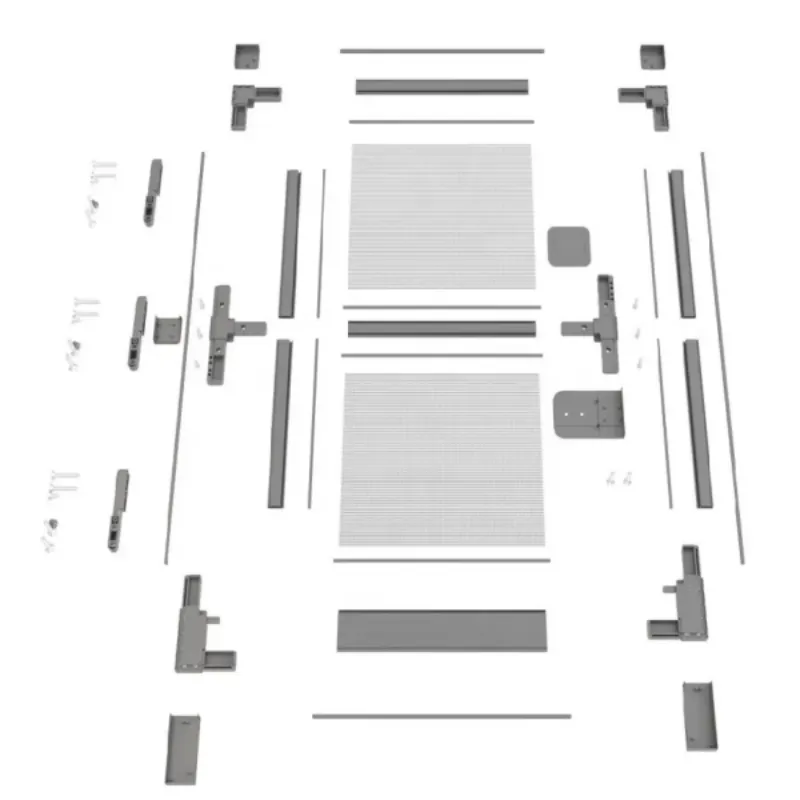
This comprehensive manufacturing process ensures that each fixed screen door not only meets but often exceeds industry standards, delivering long-lasting performance and value.
Application Scenarios and Industry Advantages: Where Fixed Screen Doors Excel
Fixed screen doors are versatile solutions with applications spanning a wide range of environments, from residential homes to demanding industrial settings. Their robust design and core functionality — allowing ventilation while keeping pests out — make them indispensable in numerous scenarios. Here, we explore their application across different sectors and highlight the specific advantages they offer.
Residential Applications: Comfort and Lifestyle Enhancement
- Patio and Porch Enclosures: Ideal for creating screened-in living spaces that extend the home outdoors, offering protection from insects while enjoying fresh air. This is where related solutions like fixed door fly screens for larger openings or custom mosquito door frame solutions are often integrated.
- Sunrooms and Conservatories: Essential for maximizing natural light and ventilation without inviting pests, allowing year-round enjoyment of these spaces.
- Kitchen and Laundry Room Vents: Can be custom-fitted over existing vent openings to prevent insect entry while maintaining necessary airflow.
- Basement Windows/Doorways: Provides a cost-effective way to ventilate basements, reducing humidity and preventing mold growth, while keeping out bugs and small rodents.
- Garages: A fixed screen door can be installed in a garage entry door to allow airflow, making the garage a more comfortable workspace or recreational area.
Advantages: Enhanced comfort, improved indoor air quality, reduced reliance on air conditioning, increased property value, and a healthier living environment free from insect-borne nuisances.
Commercial Applications: Health, Safety, and Operational Efficiency
- Restaurants and Cafes: Critical for kitchen entryways and back doors to comply with health codes, preventing insects from contaminating food preparation areas. They ensure air circulation without compromising hygiene.
- Retail Stores: Often used for back entrances or storage areas to improve airflow and deter pests, contributing to a more pleasant environment for staff and protecting merchandise.
- Healthcare Facilities (Non-Sterile Areas): In areas like staff lounges, break rooms, or administrative offices, fixed screen doors can facilitate fresh air circulation while maintaining a clean environment.
- Warehouses and Logistics Centers: For dock doors or receiving areas, they allow ventilation to manage heat and humidity, while keeping out birds and insects that could damage goods or create unhygienic conditions.
Advantages: Compliance with health and safety regulations, improved working conditions, protection of inventory, energy cost savings, and enhanced customer/employee experience.
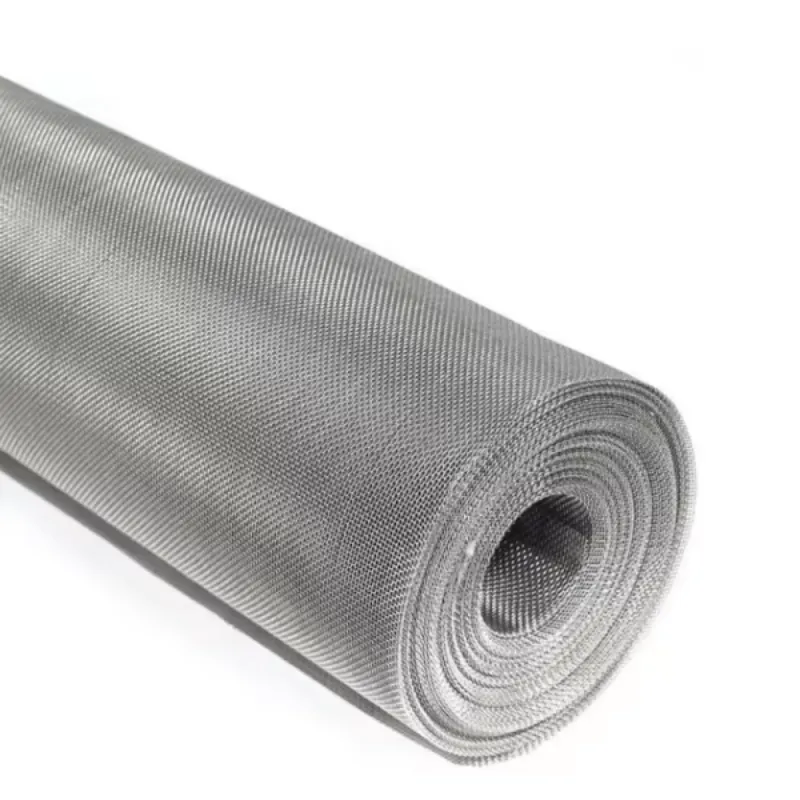
Industrial Applications: Durability, Safety, and Corrosion Resistance
In industrial environments, the demands on a fixed screen door are significantly higher, requiring materials and construction methods that can withstand harsh conditions. Key industries include:
- Petrochemical Plants: Often require stainless steel mesh and frames (304 or 316 grade) due to exposure to corrosive chemicals, high temperatures, and the need for explosion-proof or spark-resistant materials. Used for access ways to non-hazardous areas where ventilation is crucial but insect entry must be prevented.
- Advantage: Superior corrosion resistance, critical in environments with acidic or alkaline fumes. Stainless steel meshes prevent rust that could compromise the barrier.
- Metallurgy and Foundry Operations: In areas where extreme heat, dust, and particulate matter are present, robust fixed screen doors with heavy-duty mesh (e.g., hardened stainless steel) allow heat to dissipate while preventing debris entry.
- Advantage: High heat resistance, mechanical strength to withstand airborne particulates, and robust construction to endure vibrations and heavy use.
- Water Supply and Drainage Facilities: In pump stations, treatment plants, or control rooms, screens are essential to prevent insects, rodents, and debris from entering critical areas or affecting equipment, while allowing necessary ventilation.
- Advantage: Moisture resistance, prevention of biological contamination, and longevity in humid or wet environments. Materials like marine-grade aluminum or 316 stainless steel are vital.
- Food Processing Plants: Strict hygiene standards demand robust fixed screen door solutions to prevent pest intrusion into production areas. Stainless steel is often mandated for its ease of cleaning and resistance to bacterial growth.
- Advantage: Hygienic materials, resistance to wash-downs and sanitizers, crucial for HACCP (Hazard Analysis and Critical Control Points) compliance.
- Mining and Heavy Industry: Used in administrative buildings, control rooms, or non-process areas for ventilation while protecting against dust, insects, and occasional flying debris.
- Advantage: Exceptional durability, resistance to harsh outdoor elements, and long service life even under rugged conditions.
Overall Advantages in Industrial Settings:
- Enhanced Safety: Preventing insect-borne diseases or distractions for workers.
- Equipment Protection: Keeping dust, debris, and foreign objects out of sensitive machinery areas.
- Corrosion Resistance: Use of specialized materials ensures longevity in aggressive chemical or atmospheric conditions.
- Energy Efficiency: Reducing reliance on mechanical ventilation systems by maximizing natural airflow.
- Compliance: Meeting stringent industry-specific regulations for hygiene, safety, and environmental control.
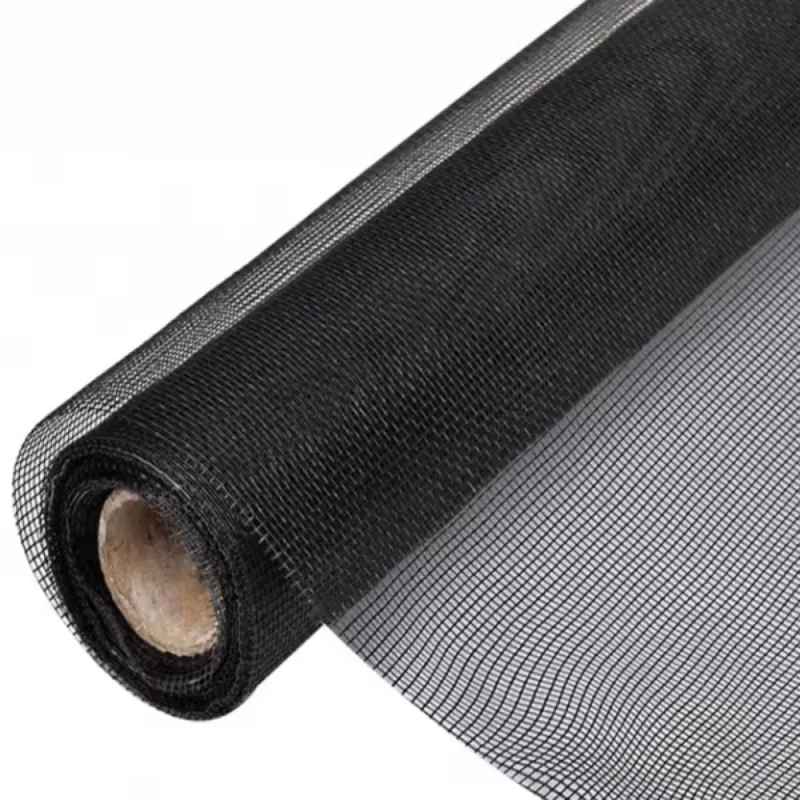
The adaptability of fixed screen door technology, supported by advancements in material science and manufacturing precision, ensures that it can meet the diverse and often extreme demands of various industries, proving to be a cost-effective and critical component for operational efficiency and environmental control.
Choosing Your Provider: Manufacturer Comparison & Customization Solutions
Selecting the right manufacturer for your fixed screen door needs is as crucial as understanding the product itself. The market offers a wide range of providers, and differentiating between them requires careful consideration of several factors beyond just price. Our focus here is on the criteria that define a reputable and reliable supplier.
Key Criteria for Manufacturer Comparison:
- Experience and Reputation:
- Long-standing Presence: A company with decades of experience in the screen door industry (e.g., CR Screen has over 20 years of experience) often signifies deep expertise, established processes, and a proven track record.
- Customer Feedback and Reviews: Look for consistent positive reviews, testimonials, and case studies that highlight customer satisfaction and successful project outcomes. Online forums and independent review sites can offer valuable insights.
- Industry Authority: Does the manufacturer actively participate in industry associations (e.g., Screen Manufacturers Association, Window & Door Manufacturers Association)? Do they contribute to standard setting? This indicates a commitment to industry best practices.
- Product Quality and Standards Compliance:
- Certifications: Verify adherence to international quality management systems like ISO 9001. This ensures consistent product quality and operational efficiency.
- Material Sourcing: Reputable manufacturers use high-grade, traceable materials (e.g., certified aluminum alloys, stainless steel grades). Inquire about their material suppliers.
- Testing and Durability: Do they provide data on product testing (e.g., wind load resistance, corrosion resistance via salt spray tests, UV stability of mesh)? Products should meet or exceed ANSI/SMA standards.
- Manufacturing Capabilities:
- Advanced Technology: Companies utilizing CNC machinery for precision cutting, automated extrusion lines, and modern surface treatment facilities (like powder coating plants) often produce superior products.
- Customization Capabilities: Can they produce custom sizes, shapes, frame colors, or integrate specialized mesh types (e.g., ballistic mesh, pet-resistant mesh)? This flexibility is crucial for unique applications, especially for specialized mosquito door frame or fixed door fly screens.
- Warranty and After-Sales Support:
- Comprehensive Warranty: A strong warranty (e.g., 5-year limited warranty on frame and mesh) demonstrates confidence in their product. Understand what it covers and for how long.
- Customer Support: Accessible and knowledgeable customer service, technical support, and clear return/replacement policies are vital.
- Installation Guidance: Do they provide clear installation instructions or offer professional installation services/recommendations?
- Environmental Responsibility:
- Sustainable Practices: Manufacturers who prioritize eco-friendly processes, responsible material sourcing, and waste reduction reflect a commitment to sustainability, which aligns with modern green building trends.
Customization Solutions: Tailoring the Perfect Fixed Screen Door
One of the significant advantages offered by leading manufacturers is the ability to provide highly customized fixed screen door solutions. Standard sizes are readily available, but many applications, especially in industrial or architecturally unique residential settings, require bespoke designs. Customization typically covers:
- Dimensions and Shape: Exact height and width to fit unconventional openings, including arched, circular, or irregular shapes.
- Frame Materials and Profiles: Choice of aluminum (various grades and thicknesses), UPVC, or steel, along with specific profile designs (e.g., slimline, heavy-duty).
- Mesh Options: A wide array of mesh materials (fiberglass, aluminum, stainless steel 304/316, bronze, pet-resistant), mesh counts (from standard 18x16 to no-see-um 20x20), and wire diameters to suit specific needs for insect control, visibility, airflow, or security. For instance, a food processing plant might require specific stainless steel mesh for hygiene, while a coastal home might opt for 316 marine-grade stainless steel for corrosion resistance.
- Color and Finish: A broad palette of powder coat colors (matching RAL codes), anodized finishes (e.g., clear, bronze, black), or custom paint options to seamlessly integrate with existing aesthetics.
- Mounting Options: Solutions for surface mounting, flush mounting, or integration into existing door frames, often requiring specific flange designs or mounting clips.
- Security Enhancements: For some applications, stronger security mesh (e.g., woven stainless steel security mesh) or additional reinforcement within the frame can be incorporated.
The customization process often begins with a detailed consultation, site measurements, and CAD drawings, ensuring the final product perfectly matches the client's specifications and performance requirements. This client-centric approach ensures optimal functionality and aesthetic integration.
Application Cases & Customer Feedback
Real-world applications highlight the practical benefits and reliability of fixed screen door solutions. Here are a few illustrative scenarios based on typical customer experiences:
Case Study 1: Coastal Residential Property - Enhanced Durability and View
Client: Homeowner in a coastal region of Florida, USA.
Challenge: High humidity, salt-laden air, and frequent strong winds led to rapid corrosion and degradation of existing screen doors, and standard mesh was easily damaged by curious pets and occasional hurricane debris.
Solution: Installation of custom-sized fixed screen doors for a large patio enclosure and a sunroom. The frames were made from marine-grade 6063-T6 aluminum with a high-durability powder coating. The mesh selected was 316L stainless steel, known for its superior corrosion resistance and strength. For areas accessible to pets, a section of the lower mesh was replaced with a heavy-duty pet screen.
Outcome: After 3 years, the screens showed no signs of rust or degradation, despite continuous exposure to the harsh coastal environment. The stainless steel mesh provided excellent visibility, allowing uninterrupted ocean views, and successfully withstood pet activity and minor impacts, offering robust protection against strong winds and insect intrusion. The homeowner reported a significant reduction in air conditioning usage due to enhanced natural ventilation.
Case Study 2: Commercial Kitchen - Hygiene and Pest Control
Client: A busy restaurant chain in a major metropolitan area.
Challenge: Maintaining strict hygiene standards and preventing fly and cockroach entry through kitchen back doors, while still allowing staff to air out the kitchen heat and odors.
Solution: Custom-fitted fixed screen doors were installed for all back entrances and receiving areas. These were fabricated with robust anodized aluminum frames and 304-grade stainless steel mesh (20x20 "no-see-um" mesh count) to prevent even the smallest insects from entering. The design ensured a tight seal with the existing door frame.
Outcome: The restaurant experienced a dramatic reduction in pest-related issues, significantly improving compliance with health department regulations. The staff appreciated the improved ventilation, which made the kitchen environment more comfortable without compromising on hygiene. The durable stainless steel screens were also easy to clean and sanitize, crucial for a food service environment.
Case Study 3: Industrial Water Treatment Plant - Corrosion and Debris Protection
Client: Municipal water treatment facility in a humid, industrial zone.
Challenge: Critical control rooms and pump houses required constant ventilation but were susceptible to insect infestation, accumulation of airborne dust, and corrosive fumes from nearby processes. Existing screens deteriorated quickly.
Solution: Implementation of specialized fixed screen door units for access points. These units featured heavy-gauge 316L stainless steel frames and industrial-grade stainless steel woven mesh. The frames were welded for maximum strength and treated with an additional protective coating.
Outcome: The new screens provided robust protection against insects, debris, and, importantly, showed exceptional resistance to the corrosive atmosphere. This ensured the integrity of the indoor environment, protecting sensitive control equipment and improving working conditions for technicians. The long service life of these units reduced maintenance frequency and costs, demonstrating significant return on investment.
Trustworthiness: Our Commitment to Quality, Service, and Support
At the core of every product from CR Screen (referencing `https://www.crscreen.com/fixed-screen-door.html`) is an unwavering commitment to trust and reliability. Our dedication to Google's principles is reflected in every aspect of our operations, from product development to customer support.
Quality Assurance and Certifications:
Our manufacturing processes for fixed screen door solutions adhere strictly to international quality management standards. We are proud to be ISO 9001 certified, demonstrating our commitment to consistent quality, customer satisfaction, and continuous improvement. All materials are sourced from reputable suppliers and undergo rigorous incoming inspection. Our products are tested against industry benchmarks such as ANSI/SMA (Screen Manufacturers Association) standards for performance, durability, and safety, ensuring they can withstand challenging environmental conditions including wind loads and UV exposure.
Transparent Delivery Cycle:
We understand the importance of timely project completion. Our typical delivery cycle for standard fixed screen door orders is 2-4 weeks from order confirmation to dispatch, depending on volume and customization. For highly customized or large-scale industrial projects, a detailed project timeline with milestone updates is provided. We work with trusted logistics partners to ensure safe and efficient delivery to your location, globally.
Comprehensive Warranty & After-Sales Support:
We stand behind the quality and durability of our fixed screen door products. Each unit comes with a comprehensive 5-year limited warranty on the frame and mesh, covering manufacturing defects and material integrity under normal use. Our dedicated customer support team is available to assist with any inquiries, from product selection and technical specifications to installation guidance and warranty claims. We are committed to ensuring your complete satisfaction throughout the lifespan of our products.
Client Testimonials & Partnerships:
Our reputation is built on long-standing relationships and successful projects with diverse clients, from individual homeowners to large industrial corporations. We have partnered with leading architects, contractors, and builders on numerous residential, commercial, and industrial ventures, providing reliable fixed screen door solutions that meet stringent project requirements. Our consistent positive feedback reflects our dedication to not just selling a product, but providing a complete solution and reliable service.
Professional FAQ: Your Fixed Screen Door Queries Answered
To further enhance your understanding of fixed screen door technology, here are answers to some frequently asked professional and technical questions:
1. What is the typical lifespan of a Fixed Screen Door, and what factors influence it?
A high-quality fixed screen door made with durable materials like extruded aluminum and stainless steel mesh can last 20-30 years or more with proper care. Factors influencing lifespan include material quality (e.g., 316 stainless steel vs. fiberglass mesh), environmental conditions (coastal areas vs. dry inland), proper installation, and maintenance (e.g., periodic cleaning to prevent grime buildup).
2. What is the difference between an 18x16 mesh and a 20x20 mesh? Which is better for mosquito door frames?
Mesh count refers to the number of strands per square inch. An 18x16 mesh means 18 strands across one direction and 16 across the other. A 20x20 mesh has 20 strands in both directions, making its openings smaller. For mosquito door frame applications, a 20x20 "no-see-um" mesh is generally superior as its tighter weave more effectively blocks smaller insects like gnats and "no-see-ums," while still allowing good airflow. Standard 18x16 is effective for larger mosquitoes and flies.
3. Can Fixed Screen Doors contribute to energy efficiency?
Absolutely. By promoting natural cross-ventilation, fixed screen doors reduce the need for air conditioning, leading to significant energy savings, particularly in warmer months. They allow you to "air out" your space without inviting pests, thereby reducing humidity and stale air, contributing to a more comfortable indoor climate with less reliance on HVAC systems. Some specialized mesh types can also offer marginal solar heat gain reduction.
4. Are Fixed Screen Doors suitable for harsh industrial environments, such as chemical plants?
Yes, but material selection is critical. For environments with corrosive chemicals, high humidity, or extreme temperatures (like petrochemical or water treatment plants), fixed screen door frames made from marine-grade aluminum (e.g., 6061-T6 or 6063-T6 with specialized coatings) or, ideally, 316L stainless steel are recommended. The mesh should also be 316L stainless steel for maximum corrosion resistance and durability against airborne particulates. These materials meet stringent industry standards for longevity and safety.
5. How do I measure for a custom-sized Fixed Screen Door to ensure a perfect fit?
Accurate measurement is crucial. Measure the width and height of the opening at three different points (top, middle, bottom for width; left, center, right for height). Take the smallest of these measurements to ensure the door will fit. Determine if it will be surface-mounted (on the existing frame) or recessed-mounted (within the frame). Always consult the manufacturer's specific measuring guide or consider professional measurement services, especially for complex openings or when ordering specialized fixed door fly screens.
6. What maintenance is required for a Fixed Screen Door?
Fixed screen doors are low-maintenance. Regular cleaning involves gently dusting or vacuuming the mesh to remove loose dirt and debris. For a deeper clean, wash the mesh and frame with mild soapy water and a soft brush, then rinse thoroughly with clean water. Avoid harsh chemicals or abrasive scrubbers, which can damage the mesh or frame finish. Periodic inspection for any signs of wear or damage to the mesh or frame will help ensure its longevity and effectiveness.
7. What are the common installation standards or best practices for Fixed Screen Doors?
Installation should ensure the door is plumb, level, and square within the opening, creating a tight seal to prevent insect entry. For surface-mounted units, use appropriate fasteners (e.g., stainless steel screws) and ensure adequate shimming for a flat, secure attachment. Recessed units require precise measurements and a snug fit within the frame. Adherence to manufacturer-specific installation instructions and local building codes is paramount, especially regarding wind resistance and security in some areas. Professionals often follow guidelines from organizations like the Screen Manufacturers Association (SMA).
Conclusion: The Enduring Value of Fixed Screen Doors
The fixed screen door, often perceived as a simple component, is in fact a sophisticated solution integral to modern building design and functionality. As we've explored, its role extends far beyond basic insect exclusion; it's a key player in promoting energy efficiency, enhancing indoor air quality, ensuring hygiene in sensitive environments, and providing long-term durability in even the most demanding industrial applications. The continuous innovation in materials, manufacturing processes, and customization options means that the fixed screen door can be precisely tailored to meet the unique needs of any residential, commercial, or industrial project.
Choosing a reputable manufacturer, like CR Screen (referencing `https://www.crscreen.com/fixed-screen-door.html`), that adheres to stringent quality standards (ISO, ANSI/SMA), offers comprehensive warranties, and provides expert customer support, ensures a wise investment. The transparency in their manufacturing, their commitment to providing detailed technical specifications, and their ability to deliver bespoke solutions underscores their authority and trustworthiness in the market. Whether you're seeking to create a comfortable, pest-free living space, comply with strict health regulations in a commercial kitchen, or ensure robust ventilation in a corrosive industrial setting, the versatility and enduring benefits of a high-quality fixed screen door make it an indispensable choice. Investing in these solutions means investing in comfort, safety, and efficiency for decades to come, proving their indispensable value in our evolving built environment.
References and Further Reading:
- Grand View Research. (2023). Doors and Windows Market Size, Share & Trends Analysis Report, 2023-2030. Retrieved from https://www.grandviewresearch.com/industry-analysis/doors-windows-market (Illustrative Market Data Reference)
- Screen Manufacturers Association (SMA). SMA Standards & Specifications. Retrieved from https://smacentral.com/standards.html
- International Organization for Standardization (ISO). ISO 9001 - Quality management. Retrieved from https://www.iso.org/iso-9001-quality-management.html
- ASTM International. Standards for Doors and Windows. Retrieved from https://www.astm.org/standards/windows-and-doors.html
- Building Green. (2022). Choosing Windows and Doors for Energy Efficiency. Retrieved from https://www.buildinggreen.com/article/choosing-windows-and-doors-energy-efficiency (For general concepts of energy efficiency in openings)
This is the first article
Products
Latest news
-
Unveiling the Allure and Practicality of Classic Mosquito Nets
NewsJul.04,2025 -
Unraveling the World of Mosquito Nets: Varieties, Costs, and Production
NewsJul.04,2025 -
Redefining Protection and Style: The World of Mosquito Nets
NewsJul.04,2025 -
Enhancing Sleep and Style with Contemporary Mosquito Nets
NewsJul.04,2025 -
Diverse Solutions in Mosquito Netting: Sizes, Varieties, and Flexibility
NewsJul.04,2025 -
Deciphering Mosquito Nets: Significance, Varieties, and Applications
NewsJul.04,2025 -
Transforming Bedrooms into Mosquito - Free Havens
NewsJul.01,2025
